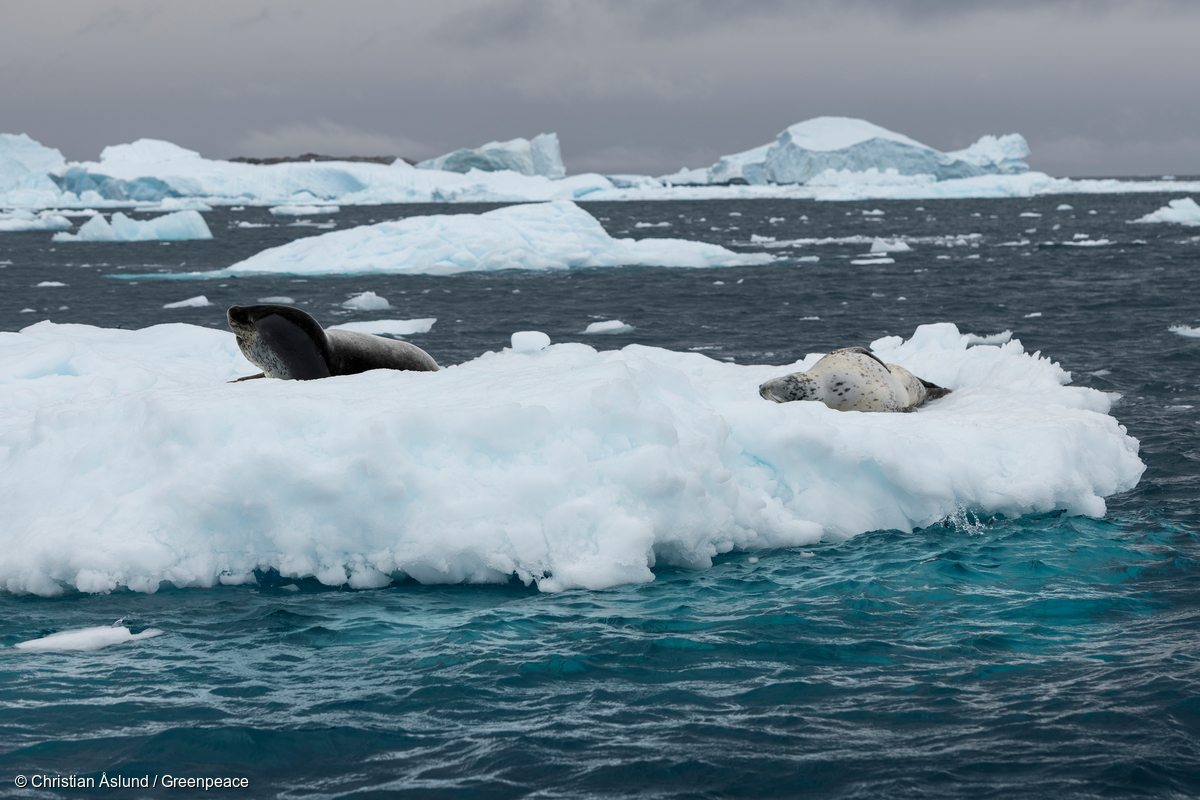When you think of Antarctica, most people think of penguins, seals, whales and even polar bears! Well, they’d be right (except for the polar bears – that’s the Arctic). But there’s one animal in particular that doesn’t get enough cred – the humble krill.
Krill are tiny shrimp-like creatures that live in the Antarctic Ocean and they’re pretty amazing. Not only do they emit a beautiful glowing light called bioluminescence, but life in the Antarctic literally depends on these little guys. That’s a lot of pressure, but don’t worry! By the time they’ve thought about it, they’ve probably been eaten.
Blue whales, humpback whales, minke whales, Antarctic seals, fish, Adélie and Gentoo penguins all love to eat krill. Baleen whales especially, eat krill in vast amounts. Krill move in swarms, so they make a pretty easy meal. A single blue whale can eat 40 million krill per day – that’s about 3,500 kilos!
However, Antarctic krill can live to up to 7 years, so some lucky krill live a relatively long life evading many hungry predators

Although krill numbers are thought to still be abundant, the truth is – we simply don’t know. Worryingly, climate change may be impacting their numbers due to disappearing sea ice.[1]
Not only that, but the Antarctic Ocean is open for business. Commercial fishing fleets are bent on expanding their operations in the Antarctic. They’ve also been known to spend their time lobbying governments to make sure an Antarctic Ocean Sanctuary does not go ahead.
A sanctuary would see a ban on all industrial fishing in a vast area of the Antarctic Ocean, safeguarding the homes of precious marine life, including penguins, killer whales, leopard seals and blue whales.
So why are we taking action now? Members of the Antarctic Ocean Commission are meeting in October to decide on whether to protect this fragile ecosystem, or leave it open to commercial interests.
I’m in the Antarctic right now to explore this incredible place and bring more people on board the campaign. We need to show that there is overwhelming public support for an Antarctic Ocean Sanctuary when it meets in October. Can we count you in?
Laura Wells is a marine biologist, model and Protect the Antarctic campaign ambassador for Greenpeace.
NOTES:
[1] https://news.nationalgeographic.com/news/2013/08/130817-antarctica-krill-whales-ecology-climate-science/


